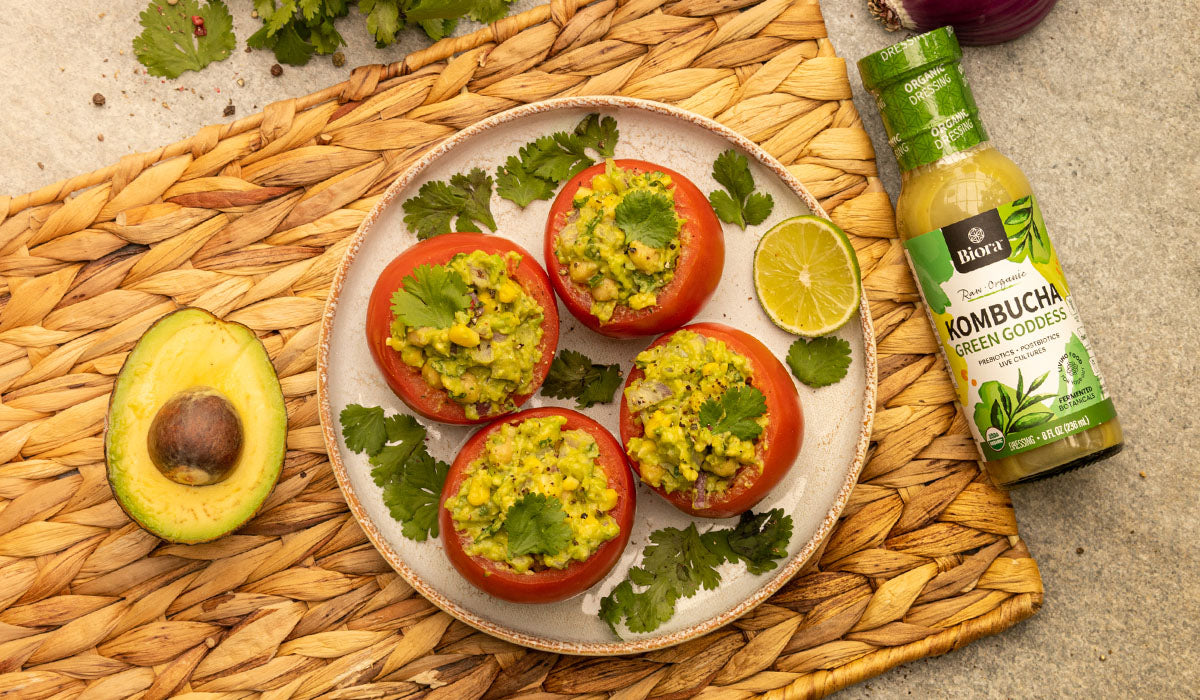Kombucha, a fermented tea beverage, has seen a surge in popularity thanks to its unique flavor and purported health benefits. However, its fermentation process raises questions about alcohol content, leading to concerns among health-conscious consumers. This article aims to provide a thorough understanding of the alcohol content in kombucha, the regulations governing it, and how companies like Biora, with their expertise in fermentation, ensure their kombucha-based products are safe and enjoyable for everyone.
Understanding Kombucha's Fermentation Process:
The key to kombucha's health benefits and distinctive taste lies in its fermentation process. Made by fermenting sweetened tea with a symbiotic culture of bacteria and yeast (SCOBY), kombucha undergoes a transformation that produces not only a tangy flavor but also a variety of beneficial compounds. During this process, the yeast component of the SCOBY breaks down the sugar, resulting in the production of alcohol and carbon dioxide.
The amount of alcohol in kombucha is influenced by several factors, including the length of fermentation, the type of tea and sugar used, and the temperature at which fermentation occurs. Typically, the alcohol content in kombucha is quite low, generally below 0.5% alcohol by volume (ABV), which is the threshold for non-alcoholic beverages in many countries. However, homemade kombucha can vary significantly in its alcohol content, depending on the precision of the brewing process and the conditions under which it is made.
Commercial Kombucha and Alcohol Regulation:
Commercial kombucha producers are subject to strict regulations regarding alcohol content. To comply with these regulations, manufacturers employ controlled fermentation techniques and conduct regular testing to ensure that the alcohol content remains within legal limits. This regulatory oversight provides consumers with the assurance that commercially available kombucha is safe and adheres to the standards for non-alcoholic beverages.
Despite these regulations, it's important for consumers to be aware that even commercial kombucha can contain trace amounts of alcohol. While these levels are typically very low and not enough to cause intoxication, they may be a consideration for individuals who avoid alcohol for health, dietary, or religious reasons.
Biora's Expertise in Fermentation:
In the expanding world of kombucha products, Biora has carved out a niche with its organic kombucha dressings and vinegars. Leveraging their deep understanding and expertise in fermentation, Biora has developed these products to offer the health benefits and unique flavors of kombucha without the concerns of alcohol content. This expertise ensures that Biora's products are not only innovative but also align with the health and dietary preferences of a broad range of consumers.
Health Benefits and Safety of Kombucha:
Despite the concerns about alcohol, kombucha is celebrated for its numerous health benefits. These include its probiotic properties, which can support gut health, and its antioxidants, which can help combat oxidative stress in the body. Additionally, kombucha contains various B vitamins and may have antimicrobial properties due to the presence of acetic acid.
When it comes to safety, the trace amounts of alcohol in kombucha are generally not a cause for concern for most people. However, it's recommended that certain groups, such as pregnant women, individuals with compromised immune systems, and those with certain medical conditions, consult with a healthcare professional before adding kombucha to their diet.
Conclusion:
Kombucha, with its unique fermentation process, does contain trace amounts of alcohol, but these levels are typically well within the range that classifies it as a non-alcoholic beverage. The meticulous regulation of commercial kombucha production and the expertise of companies like Biora in creating kombucha-based products ensure that consumers can enjoy the benefits of kombucha without significant concerns about alcohol content. As the popularity of kombucha continues to grow, understanding its composition and health implications remains key for informed consumer choices.




